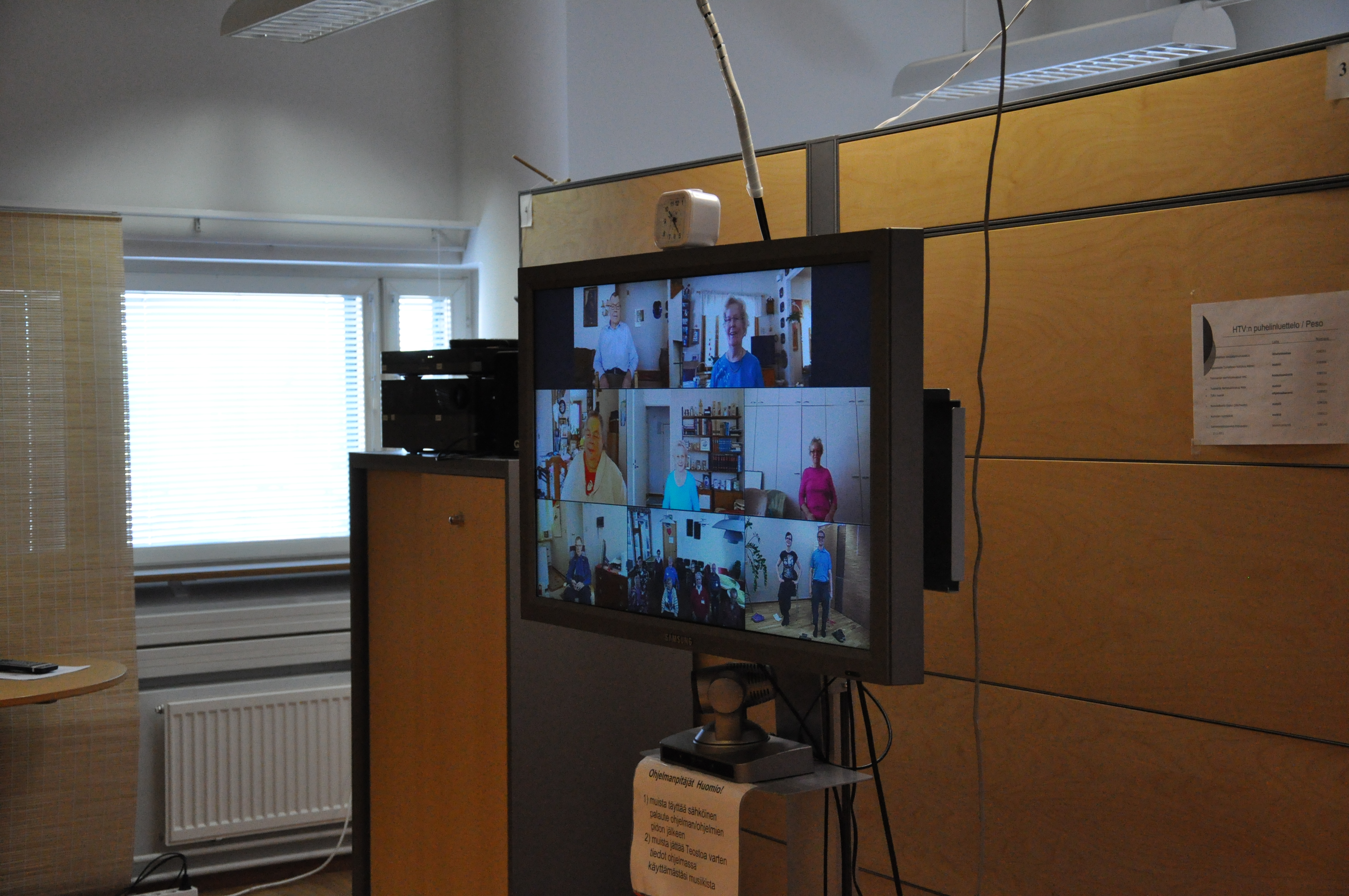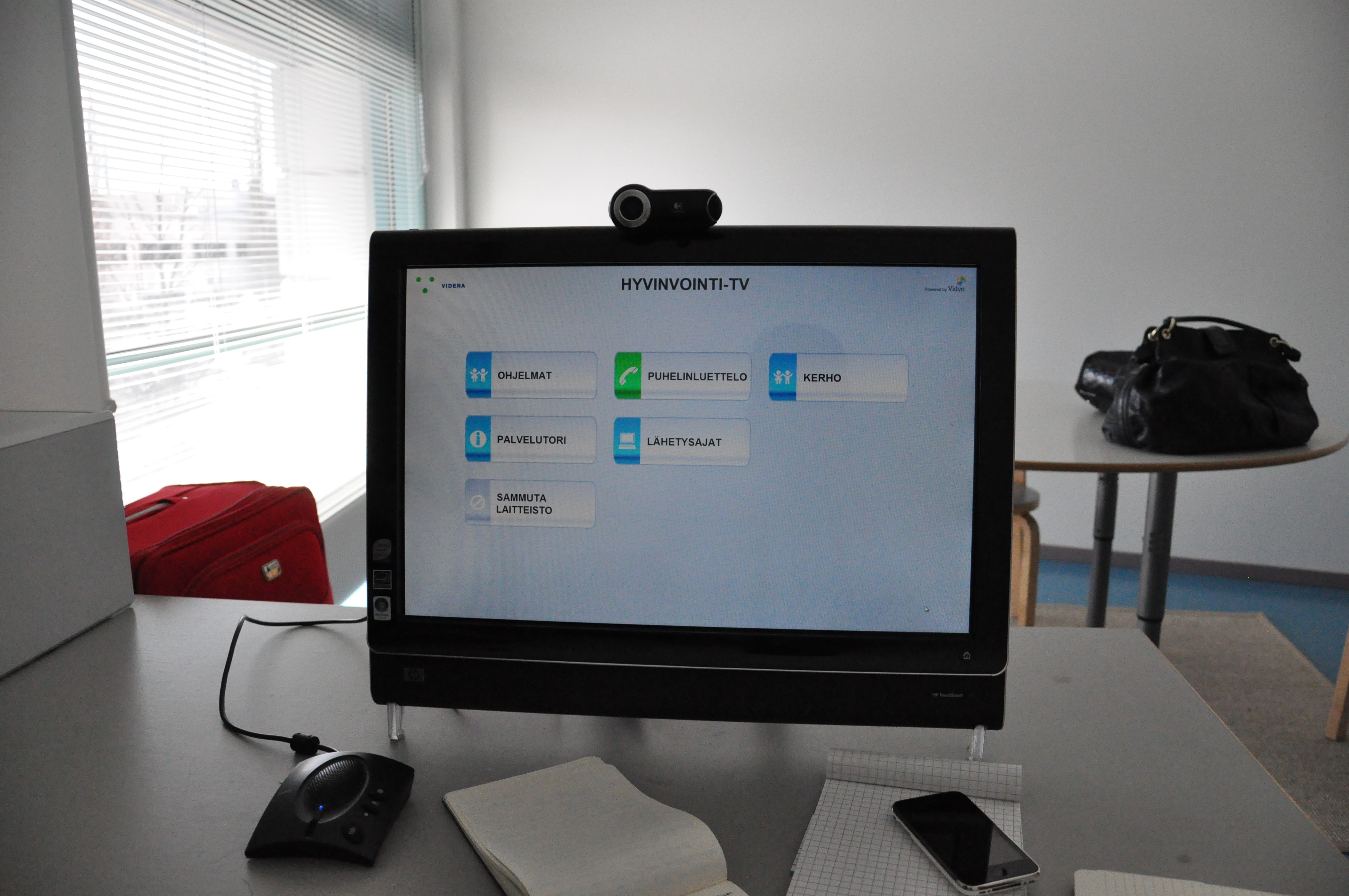SONIC director Noshir Contractor was recently published in the International Journal of Communication, publication entitled, “Prologue to the Special Section: Network Multidimensionality in the Digital Age.” The prologue was written by University of Southern California professors Manuel Castells and Peter Monge, and SONIC director Noshir Contractor. The PDF of the prologue is available online at: http://ijoc.org/ojs/index.php/ijoc/article/view/1103/554
Photos from Web Science Meets Network Science Workshop now available!
At the beginning of last month, SONIC helped host the Third International Workshop on Network Theory: Web Science Meets Network Science. The photos have been posted on the event page: you can view them here. Thanks again to everyone who made the workshop such a success!
Gold farming team wins best paper
The VWO Gold Farming team won the award for Best Paper at the Game Behind the Game conference hosted by Rutgers University’s School of Communication and Information. Our paper was titled “Mapping Gold Farming Back to Offline Clandestine Organizations: Methodological, Theoretical, and Ethical Challenges.” The abstract is below:
“Clandestine”, “covert”, “dark” and “illicit” organizations are primarily characterized by the need to engage in coordination and collective action while also emphasizing secrecy and security (Ayling, 2009). However, empirical analyses of offline clandestine organizations’ structures have received scant attention because traditional data collection is difficult by design. Studies of clandestine organizations employ methods which censor their embeddedness within particular historical contexts and larger licit spheres of peripheral and legitimate actors. These studies rely on descriptive, single level methods. However, the explosion of behavioral data available in online databases has opened up new avenues of social research. To the extent that individuals in online worlds operate under similar social and psychological motivations and constraints as the offline world, it is possible to use generative models of clandestine networks from online virtual worlds to test and inform theories of clandestine networks in offline contexts (Williams, 2010). We use gold farmers in massively multiplayer online games (MMOGs) as a case to examine how clandestine organizations assemble and maintain their operations in the face of pressure to remain competitive and secret. We review our recent research findings employing methods in network analysis and machine learning to detect and identify gold farmers in a popular MMOG based on distinct structural motifs in trade exchanges, patterns of behavioral similarity, and appropriation of in-game affordances. Although these findings on virtual clandestine organizations comport with many existing theoretical predictions as well as observations from offline criminal behavior, we discuss how they fail to map from online to offline in other contexts. Finally, we discuss the ethical implications of attempting to develop abstract heuristics for identifying clandestine behavior in data rich contexts and conclude by identifying future directions for analytic and theoretical research.
CCAP data collection begins in South Chicago
SONIC’s Chicago Climate Action Plan (CCAP) research team has launched its second full-scale network survey study in the South Chicago community. The objective of the study is to map the information and communication networks of residents, especially as they relate to community/household and climate change related issues. Information about these networks will be leveraged to inform and guide the city-wide CCAP Initiative. Data collection in South Chicago is scheduled to take place through the end of May.
CaringTV: A support network based on e-services

The CaringTV interface during a program broadcast from their studio in Laurea University, Helsinki.
Aino lives alone in a small town in Finland.
She is 72 years old. The nearest doctor is more than five miles away and she doesn’t have a car.
Even though she doesn’t have a computer or use email, Aino does have a touchscreen (equipped with a video camera) that connects her to the world.
It’s something called CaringTV.
“It’s a lifeline for every day,” says Aino, who only speaks Finnish. “If they remove the device, I would feel like something was missing.”
CaringTV is a technological platform for the elderly, developed by Laurea University of Applied Sciences, TDC Song, Videra Oy and Espoo City. Its goal? To deliver welfare services to Finland’s growing elderly population through an ordinary TV set — a device used commonly by seniors.
Every day at 10 a.m. and 1 p.m., Aino sits in front of a touchscreen and video camera to tune into CaringTV’s interactive programs. These programs range from physical exercises to singing, from spiritual discussions to trivia games.

The above set-up is provided to every CaringTV client — they can tune into programs or call friends using their individual touchscreens at home.
The CaringTV interface also offers “point-to-point” video calling for clients. To access her friend list, all Aino has to do is tap “Puhelinluettelo” on her screen and she can connect to anyone immediately.
Although CaringTV’s main purpose is focused on improving the quality of life for Finland’s elderly population, the social aspect is by no means a secondary goal.
“The social contact is important, almost the main point in CaringTV,” says researcher Katja Tikkanen.
According to Tikkanen, many of the CaringTV clients (previously strangers) have transitioned from virtual friendships to friendships in the real world. The interface serves as a means of support and connection for Aino, who doesn’t have to live totally alone anymore.
“After watching the programs, we will usually stay on the channel to chat with each other,” she says.
Katie Zhu (SONIC) received a grant from the Medill School of Journalism to travel to Helsinki and investigate living labs and their societal implications. She plans to research the CaringTV network further in her work at SONIC and investigate the questions of how support is provided and how friendships are developed among clients.
WebScience Paper Accept
The Virtual World Observatory‘s gold farming team has had their paper “Sic Transit Gloria Mundi Virtuali? Promise and Peril at the Intersection of Computational Social Science and Online Clandestine Organizations” accepted for full paper presentation at WebSci 2011 in Koblenz, Germany in June.
WINNERS IN THE DATA PRE-PROCESSING CHALLENGE (France, Complex Systems Institute of Paris Ile-de-France)
Yun Huang, Alina Lungeanu, Chuang Zhang (SONIC lab) together with their collaborators from NICO (Mike Stringer, Jonathan Haynes), and AMARAL Lab (Dan McClary, Xiaohan Zeng) are the winners for the data pre-processing challenge at Mining the Digital Traces of Science (MDTS11) International Workshop with their submission “Structured and Relational Information Extraction”.
Based on a dataset provided by Thomson ISI Web of Science, with a focus on embryology and embryonic science from 1956 to 2010, the team developed AWK and Python scripts to extract more than 30 attributes related to articles, issues, and authors and construct 16 relational tables in MySQL.
Using SQL stored procedures, users can easily extract author-publication, author-citation, co-authorship, and citation similarity relations as well as related author keywords, keyword plus, addresses, publication years, and subject categories for a subset or all authors.
The data pre-processing scripts facilitate the collaboration on designing and developing innovative tools to access scientific publication databases (such as ISI Web of Science), in order to empower users with new methods of navigation, interaction, and data visualization for this kind of databases.
MDTS11 Collaborative Challenge Winners page: http://www.iscpif.fr/tiki-index.php?page=mdtschallengewinners
ICWSM Paper Acceptance
Muhammad Aurangzeb Ahmad, Brian Keegan, Dmitri Williams, Jaideep Srivastava, and Noshir Contractor had their paper “Trust Amongst Rogues? A Hypergraph Approach for Comparing Clandestine Trust Networks in MMOGs” accepted to the Fifth International AAAI Conference on Weblogs and Social Media (ICWSM). Notably, it is the authors’ first attempt and acceptance for a paper invoking a quote from Shakespeare’s Henry IV, Part I: “A plague upon’t when thieves cannot be true one to another!” – Falstaff, II.ii
Abstract:
Gold farming and real money trade refer to a set of illicit practices in massively multiplayer online games (MMOGs) whereby players accumulate virtual resources to sell for ―real world money. Prior work has examined trade relationships formed by gold farmers but not the trust relationships which exist between members of these organizations. We adopt a hypergraph approach to model the multi-modal relationships of gold farmers granting other players permission to use and modify objects they own. We argue these permissions reflect underlying trust relationships which can be analyzed using network analysis methods. We compare farmers’ trust networks to the trust networks of both unidentified farmers and typical players. Our results demonstrate that gold farmers’ networks are different from trust networks of normal players whereby farmers trust highly-central non-farmer players but not each other. These findings have implications for augmenting detection methods and re-evaluating theories of clandestine behavior.
Third International Workshop on Network Theory: Web Science Meets Network Science
Annenberg Networks Network, Northwestern’s SONIC lab, and Northwestern Institute on Complex Systems (NICO) hosted the Third International Workshop on Network Theory March 4th-6th, followed directly by the NICO Complexity Conference at Northwestern University’s Allen Center. Although the weather in Evanston turned surly, members of the SONIC lab, along with some of the most influential and brilliant scholars involved in network and web science, discussed the future of the field, major challenges, and opportunities for interdisciplinary collaboration. We’ll have photos available in the next couple of days (look out for a new slideshow on our homepage!) and video from the conference talks available by March 21st.
In the meantime, you can read an excellent blog post at the Complexity and Social Networks blog about a talk given by Stanley Wasserman and the discussion that followed by SONIC’s own Brian Keegan, a graduate student in the Media, Technology, and Society program. There’s also a tweet-record of the official back channel of Third International at #webnetsci.
Our sincere thanks to everyone who participated in the conference!
XRDS Article on Gold Farming
Make sure to pick up the Spring issue of the ACM XRDS magazine featuring an article “What can gold farmers teach us about criminal networks?” written by members of the VWO team!
